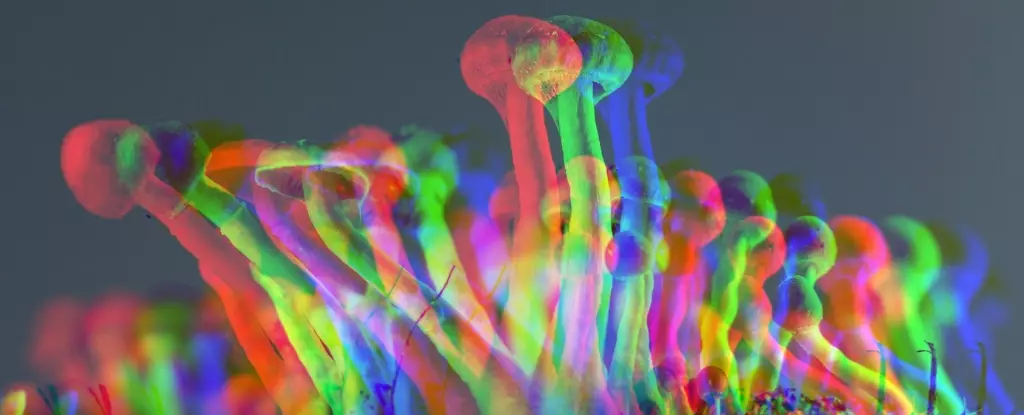For decades, the pursuit of extending human lifespan focused primarily on advancing medical technology and understanding genetics. However, emerging research suggests that substances like psilocybin—commonly known for their mind-altering effects—may possess profound biological benefits that transcend psychological therapy. Recent scientific investigations reveal that psilocybin could play a pivotal role in slowing down the aging process itself, acting as a potent tool not just for mental health but for fostering longevity and vitality in later years. Far from being merely a recreational or spiritual substance, this compound’s potential as an anti-aging agent invites us to reconsider its place in medicine and our approach to aging.
Experimental Evidence Promises a Paradigm Shift
A groundbreaking study conducted by researchers at Emory University and Baylor College of Medicine adds significant weight to this paradigm shift. In experiments involving human cell cultures and live animal models, psilocybin demonstrated remarkable effects on lifespan extension and aging markers. Human fibroblasts, a type of skin and lung cell, treated with psilocin, a metabolized form of psilocybin, survived notably longer—raising the question of whether biological aging can be delayed through pharmacological intervention. The fact that these cells extended their lifespan by over 50% underlines the potential for psilocybin to influence cellular senescence, the biological hallmark of aging.
The in vivo component of the study is equally compelling. Female mice, representing a model for aging, received monthly doses of psilocybin. After ten months—a significant period in the lifespan of a mouse—80% survived, markedly higher than the 50% survival rate in untreated controls. While the study didn’t overwhelmingly focus on physical aging signs, observed features, such as hair greying and decline in fur quality, appeared less pronounced in treated mice. These preliminary findings suggest psilocybin might mitigate some phenotypic hallmarks of aging, hinting at a broader, more systemic influence on biological aging processes.
Rethinking Psilocybin’s Role in Healthcare
Traditionally associated with mental health treatments—such as combating depression and anxiety—psychedelic research is now revealing a more expansive horizon. This evidence suggests that psilocybin’s therapeutic potential isn’t limited to the mind but extends deep into our cellular machinery. Such effects could revolutionize approaches to aging, emphasizing holistic health that encompasses physical, mental, and perhaps even cellular resilience.
However, it’s important to critique the current state of research. While stimulating, these findings are preliminary and primarily preclinical. Still, they challenge entrenched perceptions, positioning psilocybin as a candidate for future clinical trials targeting age-related decline. The implications are profound: could this compound be integrated into anti-aging protocols, potentially enhancing quality of life decades beyond traditional medicine’s scope? The optimism is warranted, but cautious optimism must be maintained until extensive human trials validate these early promising results.
Ultimately, this research positions psilocybin as a catalyst for redefining aging. It pushes us to imagine a future where biological age is not inevitable but modifiable. If further studies confirm these benefits, we might be on the verge of a scientific revolution—one that combines mental wellness with biological rejuvenation, offering renewed hope for a longer, healthier life.

